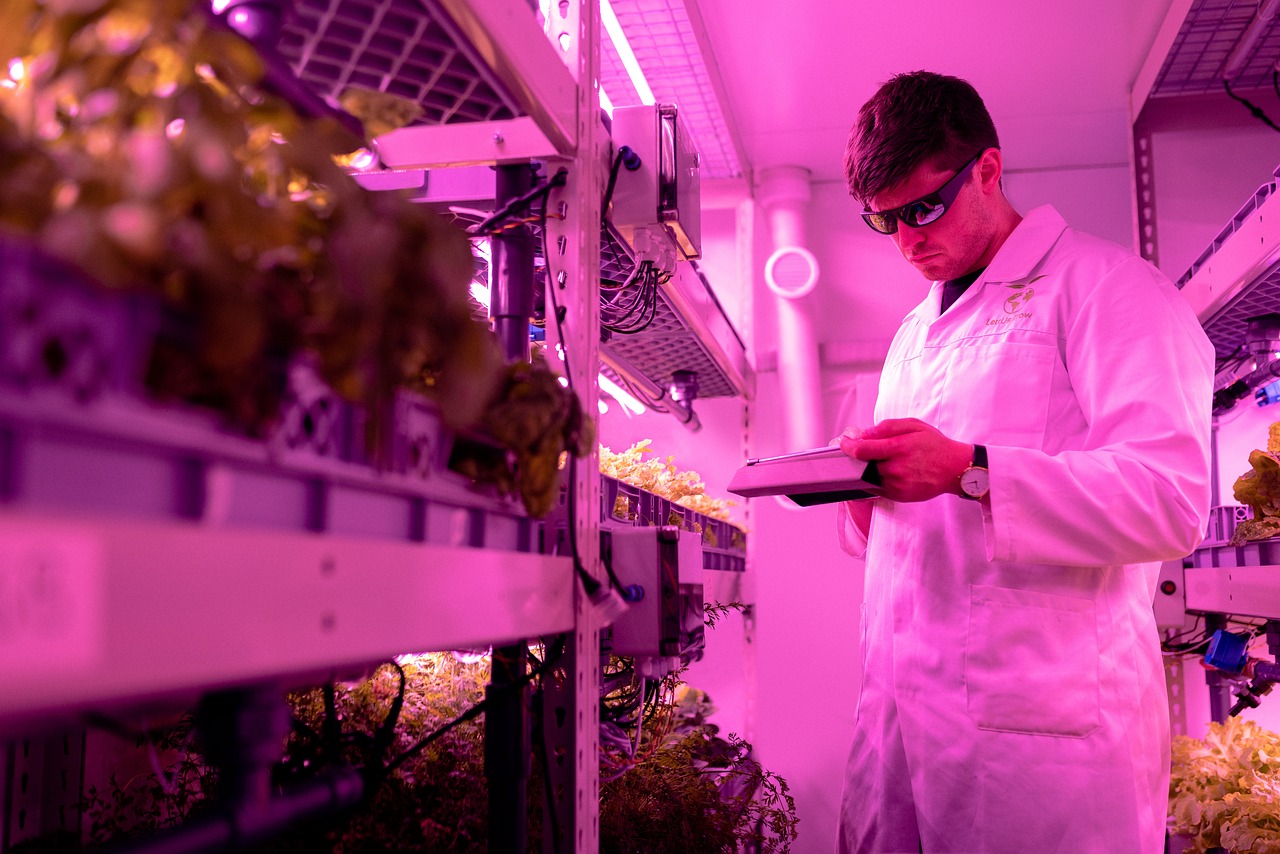What is environmental science
Environmental science is a branch of science that deals with the study of the environment and the ways in which humans interact with it. It is a multidisciplinary field that encompasses a wide range of subjects, including biology, chemistry, physics, geology, and economics. Environmental scientists work to understand the natural world and the impacts that humans have on it, and they use this knowledge to develop ways to protect and preserve the environment. Some specific areas of study within environmental science include air and water pollution, climate change, conservation biology, and sustainable development.
Why environmental science is important?
Environmental science is important for a number of reasons. One of the main reasons is that it helps us to understand and address the various environmental problems that we face today, such as climate change, air and water pollution, and loss of biodiversity. By studying these problems, environmental scientists can develop strategies and policies to mitigate their impacts and protect the environment.
In addition, environmental science is important because it helps us to understand how human activities and decisions affect the natural world. For example, it can help us to understand the impacts of pollution on the air we breathe and the water we drink, and it can help us to develop ways to reduce these impacts.
Finally, environmental science is important because it helps to educate the public about environmental issues and encourages people to take action to protect the environment. It also plays a critical role in shaping public policy and decision-making on environmental issues.
How environmental science helps to save environment?
- Developing strategies and policies to address environmental problems: Environmental science helps us to understand the causes and impacts of environmental problems, such as climate change, air and water pollution, and loss of biodiversity. This knowledge can be used to develop strategies and policies to address these problems and protect the environment.
- Identifying and developing sustainable practices: Environmental science can help us to identify practices that are harmful to the environment and develop sustainable alternatives. For example, it can help us to find ways to produce energy and grow food in a more sustainable manner.
- Educating the public: Environmental science helps to educate the public about environmental issues and encourages people to take action to protect the environment.
- Advocating for change: Environmental scientists can use their knowledge and expertise to advocate for change and influence public policy and decision-making on environmental issues.
- Conducting research to better understand the environment: Environmental science helps us to better understand the natural world and the impacts that humans have on it. This knowledge can be used to develop new technologies and practices that are more environmentally friendly.

